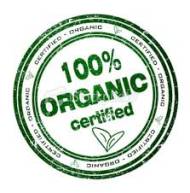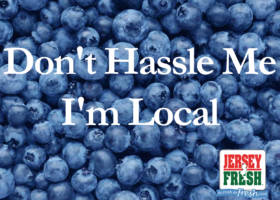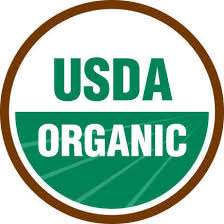
The labeling of “Organic” is appearing on more and more products gracing the shelves of your favorite grocery stores, farmers markets and online stores. The word itself seems to come up in conversation much more today, yet most people misunderstand what “Organic” represents. Before a product can have a labeling of “Organic” it must meet certain criteria, which I would like to go over briefly; because knowledge is power.
First off, before any product which contains an Organic Label is sold to the public, it must be certified by either the USDA or any of the 80 + organic certifying bodies (list of certifying bodies can be found here). Not only must the product be certified, the label of the product must contain the name of the organization that is certifying the product as “Organic.” These certifying bodies will also approve the product label to ensure it is within compliance of the USDA Organic label regulations (if you’re really interested, or just need to fall asleep quickly, feel free to read up on the federal requirements for labeling).
You will soon see, not all Organic products are created equal. There are a few different classifications of Organic products which you will see on store shelves, which include: 100% Organic, Organic, “Made With” Organic, and products made with specific Organic ingredients.
100% Organic
Before a raw or processed agricultural product can be labeled as “100% Organic” it must meet the following criteria: all ingredients must be certified organic, any processing aids (such as sweeteners and yeast) used to make the final product must be organic, and the information panel on the final product must state the name of the certifying agent. If all these criteria are met, the product may include on its label the USDA Organic seal and/or any other 100% organic seal.
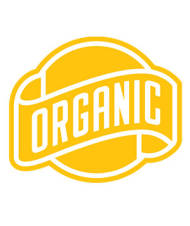
Organic
Before a raw or processed agricultural product can be labeled as “Organic” it must meet the following criteria: all agricultural ingredients must be certified organic (except if the ingredient is on the National List of Allowed and Prohibited Substances), the final product can contain up to 5% of non-organic content which must also be in line with the National List, and the information panel on the final product must state the name of the organic certifying agent. When all these criteria are met, the final product label may include a USDA Organic seal and/or an organic claim.
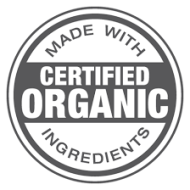
“Made With” Organic
An agricultural product that contains multiple ingredients that wishes to be labeled as “Made with Organic” ingredients must meet the following criteria: at least 70% of the product must use certified organic ingredients, all remaining agricultural products are not required to be organic but may not be produced using any excluded methods (e.g. genetically modifying), non-agricultural products must conform with the National List of Allowed and Prohibited Substances, and the information panel on the final product must state the name of the certifying agent. When all these steps are taken, the final product may contain a “Made with Organic Ingredients” seal but can not contain the USDA Organic seal. All organic ingredients must be identified as such via an asterisk or other mark.
Not to confuse you anymore than you might be right now, but products that contain multiple ingredients with less than 70% certified organic content do not need to be certified. The labeling guidelines of these products are a bit more stringent as they can not contain the USDA Organic seal or the word “Organic” on the packaging. The ingredient list may only list certified organic ingredients and the percentage of the organic ingredient.
If you’ve made it this far, hopefully you understand the labeling guidelines of Organic agricultural products a little bit better. Take a look at the label for our famous Little Buck Organic Blueberries and you can see that these blueberries are 100% Certified Organic by the New Jersey Department of Agriculture. Send some to a loved one today from our Products page.
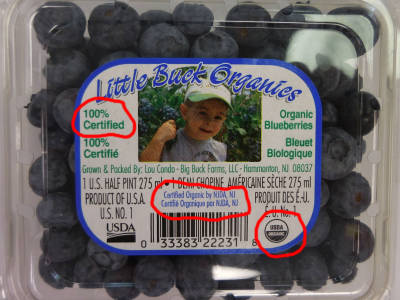
As to whether or not an all Organic diet is better for you, I would like to provide you with a bit more reading material, specifically a Huffington Post article about a family that switched to Organic foods for 2 weeks.
Be part of the solution and not the problem.
Chad R. Puschel

